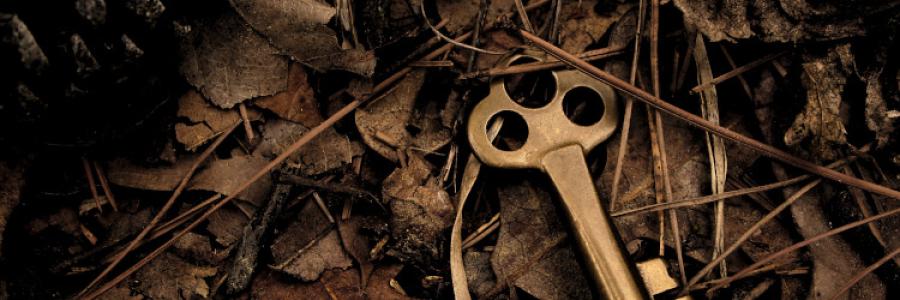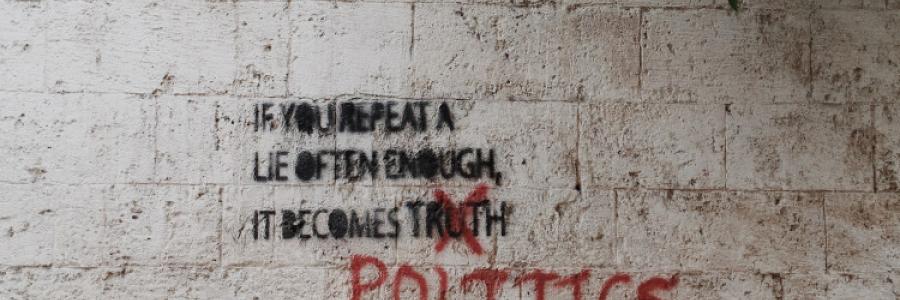Combating End-Times Disinformation
The strangely ill-advised notion of a federal Disinformation Governance Board came to a merciful end this week—thankfully, at least for now.
As Americans, we cherish our First Amendment freedoms of religion, speech and the press, and tend to oppose anything that even vaguely appears to threaten them. Furthermore, as has been expressed far and wide in response to this oddly-timed proposal, we rightly view it as our role as citizens to critique the government of this Republic—not vice versa.





Discussion